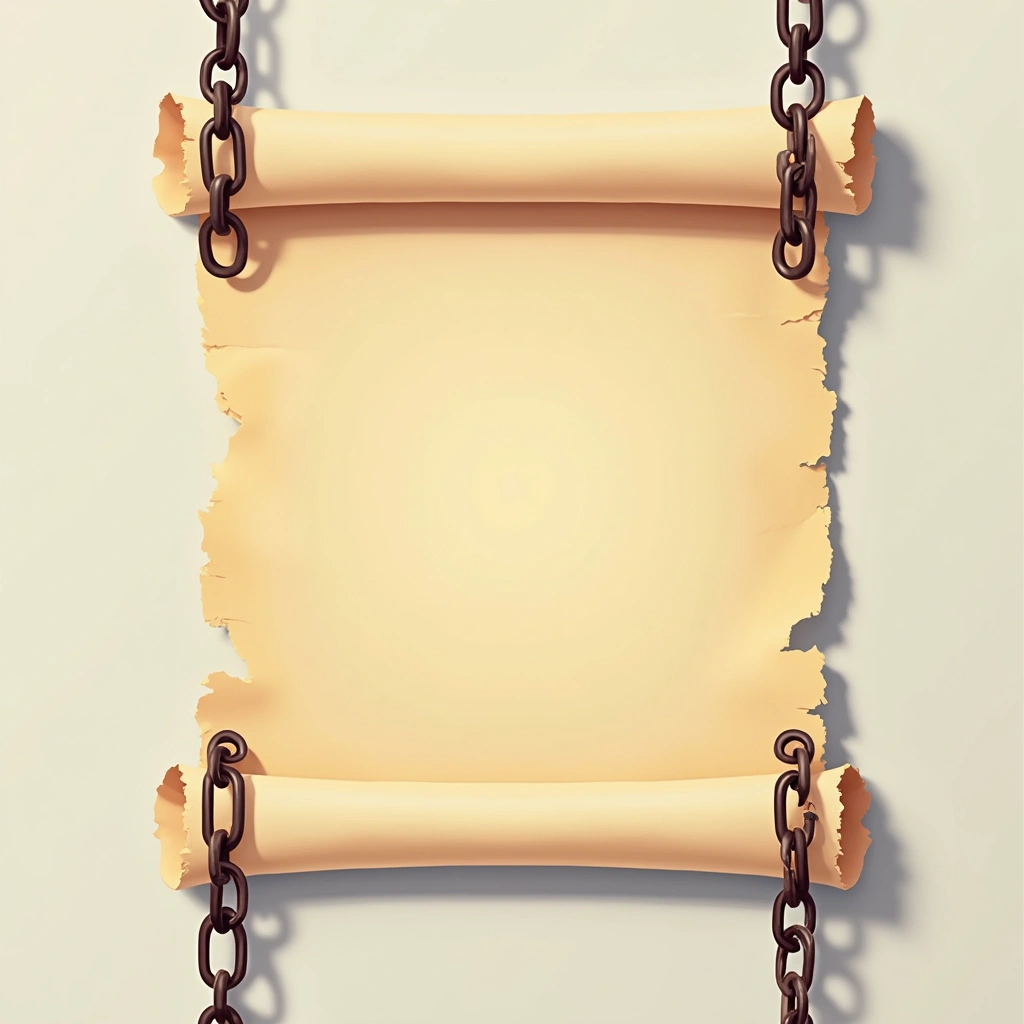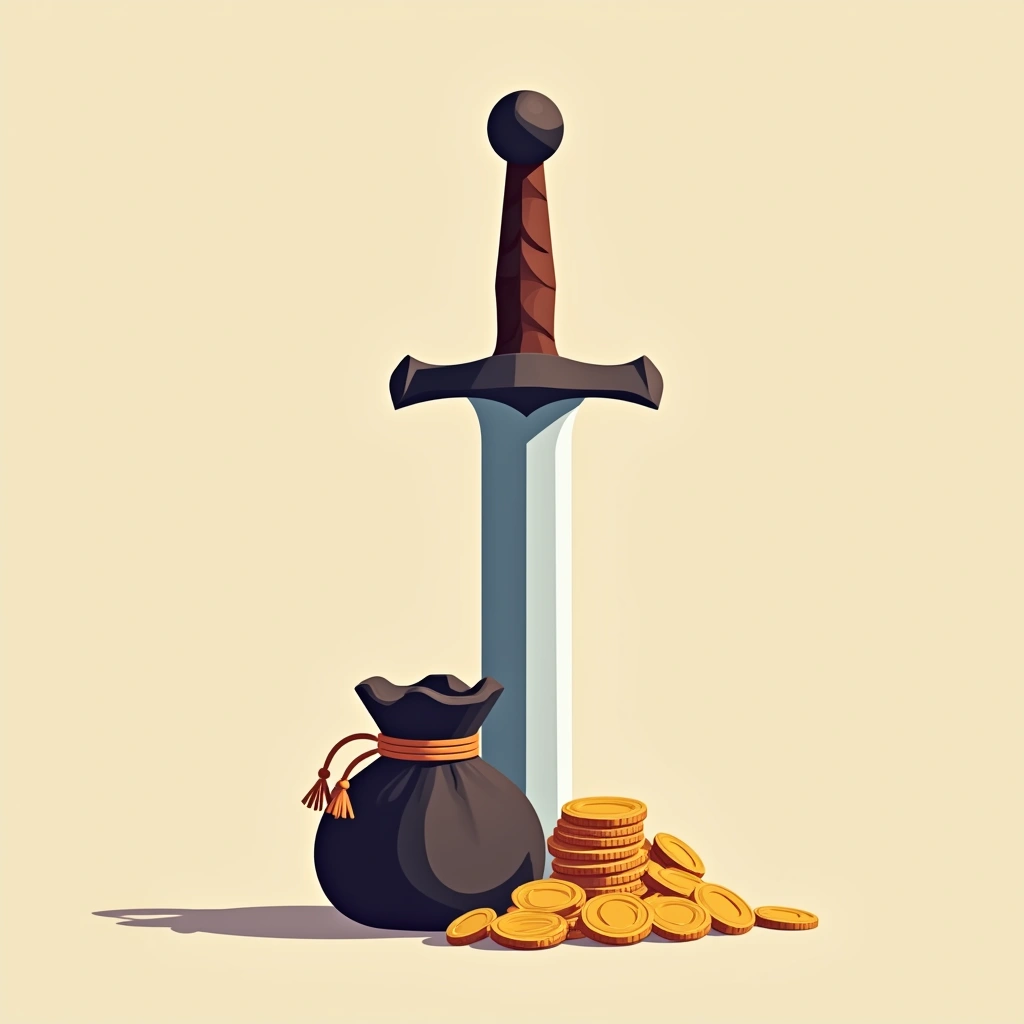Julius Caesar Habits - Productivity and Ruthless Efficiency
The Unconventional Habits of Julius Caesar
Julius Caesar was not only a military genius and political titan but also a master of personal productivity and efficiency. His habits, born from necessity and ambition, reveal a relentless drive to maximize every moment and maintain absolute control. From dictating letters while riding to multitasking with scribes, Caesar's approach to time management and leadership was as unique as it was effective.
These habits showcase a fascinating blend of ruthless discipline and strategic foresight, allowing him to conquer vast territories and leave an indelible mark on history. His methods, though sometimes controversial, offer valuable lessons in optimizing performance and achieving ambitious goals.
- Maximizing productivity in unconventional situations (travel, captivity)
- Ruthless efficiency and time management
- Strategic use of habits for political and military advantage
- Blend of intellectual and physical discipline
- Cultivating loyalty and projecting power through consistent actions
Delve into the habits of Julius Caesar to uncover the secrets behind his unparalleled success and discover how to apply his principles to modern challenges.
Filter Habits
 Julius Caesar's Habit Sets
Julius Caesar's Habit Sets

Dictating letters while riding
Dictated correspondence and managed administrative tasks while on horseback, maximizing productivity during travel. Required coordination with scribes to transcribe content accurately.
Why This Matters
Julius Caesar used this habit to maintain constant communication and control over his military campaigns and political affairs. It allowed him to multitask efficiently, ensuring no time was wasted during marches or travel.

Practicing speeches during captivity
Recited self-written speeches and poetry to captors, refining rhetorical skills under pressure. Mocked audiences who failed to appreciate his work, treating captivity as a training ground.
Why This Matters
Caesar believed in honing his oratory skills even in adverse conditions. This habit reinforced his self-image as an intellectual superior and prepared him for future political debates.

Exercising with captors
Participated in athletic games and drills with pirates during imprisonment. Maintained physical fitness while building psychological dominance over adversaries.
Why This Matters
Caesar sought to project fearlessness and normalize his authority among captors. The habit showcased his ability to remain composed and assertive in hostile environments.

Crucifying defeated enemies
Executed captured pirates via crucifixion after promising to do so during captivity. Followed through on threats to establish a reputation for ruthless retribution.
Why This Matters
Caesar used this habit to deter future challengers and reinforce his image as an unwavering leader. It demonstrated his commitment to enforcing consequences.

Rewarding soldiers generously
Distributed war spoils equitably among troops, prioritizing their loyalty over personal wealth. Publicly recognized military achievements with honors and promotions.
Why This Matters
Caesar understood that soldier loyalty was critical for maintaining power. This habit ensured his armies remained motivated during extended campaigns.

Sleeping in transport vehicles
Slept in carts or litters during travels, minimizing downtime between military engagements. Adapted rest periods to accommodate demanding schedules.
Why This Matters
Caesar prioritized campaign momentum over comfort. The habit allowed him to cover vast distances quickly while managing his health issues.

Enduring physical hardships
Marched long distances with minimal supplies, slept outdoors, and ate simple rations despite chronic health conditions like epilepsy.
Why This Matters
Caesar believed enduring discomfort strengthened leadership credibility. He wanted soldiers to view him as equally committed to campaign rigors.

Multitasking with scribes
Simultaneously dictated to multiple scribes while traveling or overseeing projects. Required exceptional organizational and verbal clarity.
Why This Matters
Caesar aimed to accelerate administrative efficiency. This habit enabled rapid dissemination of orders across his expanding territories.

Eating light breakfasts
Consumed modest morning meals of bread, cheese, and fruit with watered wine. Prioritized quick nutrition over elaborate dining.
Why This Matters
Caesar valued morning productivity and avoided sluggishness from heavy meals. The habit aligned with Roman aristocratic norms of self-discipline.

Hosting multi-course dinners
Concluded evenings with elaborate cenae featuring multiple meat dishes, vegetables, and desserts. Combined dining with political networking.
Why This Matters
Caesar used meals to strengthen alliances and display wealth. The habit facilitated informal negotiations and cultural influence.

Writing campaign chronicles
Authored detailed accounts of military campaigns like Commentarii de Bello Gallico while actively governing. Blended firsthand reporting with propaganda.
Why This Matters
Caesar sought to shape historical narratives and promote his achievements. The writings bolstered his political image in Rome.

Designing siege innovations
Implemented layered fortifications like circumvallation and contravallation at Alesia. Combined engineering with tactical foresight.
Why This Matters
Caesar valued strategic creativity to minimize casualties. The habit demonstrated his ability to outthink numerically superior forces.

Flouting legal conventions
Ignored Senate directives and crossed the Rubicon with armies, violating Roman law. Prioritized personal ambition over institutional norms.
Why This Matters
Caesar believed traditional governance hindered progress. The habit reflected his confidence in reshaping political systems through force.

Cultivating popular support
Funded public games and construction projects to boost plebeian approval. Traded short-term expenses for long-term political capital.
Why This Matters
Caesar needed grassroots backing to counter aristocratic opposition. The habit helped him bypass Senate resistance through direct public appeal.

Demanding audience silence
Ordered captors and subordinates to stay quiet during rest periods. Enforced strict discipline even in informal settings.
Why This Matters
Caesar maintained authority through controlled environments. The habit emphasized his expectation of unwavering respect.

Traveling incessantly
Constantly moved between provinces and battlefronts, rarely staying in one location. Managed logistics for rapid deployments.
Why This Matters
Caesar believed physical presence solidified control. The habit enabled direct oversight of military and administrative operations.

Drinking diluted wine
Consumed wine mixed with water per Roman custom, avoiding excessive intoxication. Balanced social drinking with clear-headedness.
Why This Matters
Caesar adhered to cultural norms while preventing impaired judgment. The habit supported his image as a disciplined leader.

Studying military history
Analyzed past battles and generals' strategies to refine tactics. Integrated historical lessons into campaign planning.
Why This Matters
Caesar valued empirical knowledge over improvisation. The habit provided intellectual frameworks for his innovations.

Shunning equestrian privilege
Walked alongside soldiers during marches instead of riding horses. Shared field conditions to foster camaraderie.
Why This Matters
Caesar wanted troops to perceive him as accessible. The habit built trust and loyalty within lower ranks.

Ignoring health limitations
Pushed through epileptic episodes and chronic headaches without reducing workload. Refused to let physical weaknesses dictate capabilities.
Why This Matters
Caesar saw vulnerability as a political liability. The habit projected an image of invincibility to allies and enemies.
Key Takeaways from Caesar's Habits
Caesar's habits, though rooted in a vastly different era, offer timeless insights into effective leadership and personal optimization. By examining his daily practices, we can identify key principles applicable to modern life.
- Ruthless Efficiency: Caesar’s habits emphasize the importance of minimizing wasted time and maximizing productivity in every situation, even during travel or captivity.
- Strategic Multitasking: He mastered multitasking to handle administrative tasks, communication, and even intellectual pursuits simultaneously, showcasing the power of efficient workflow.
- Disciplined Lifestyle: From light breakfasts to enduring physical hardships, Caesar demonstrated a disciplined approach to his health and lifestyle, prioritizing functionality over comfort.
- Power of Perception: Many of his habits, such as exercising with captors and shunning equestrian privilege, were designed to project a specific image and maintain control through psychological dominance and camaraderie.
- Continuous Learning and Adaptation: Studying military history and designing siege innovations highlight his commitment to learning and adapting strategies for continuous improvement.
Embrace the spirit of Caesar – identify your goals, optimize your time, and cultivate habits that propel you towards ruthless efficiency and impactful achievement.
